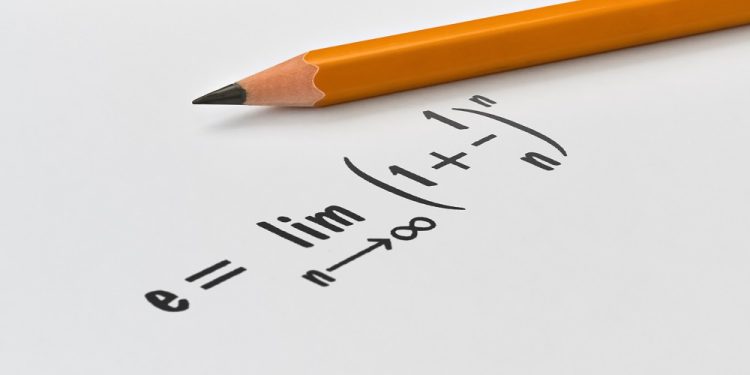
E-Day
When many people think of mathematical holidays, they think of Pi Day. However, that isn’t the only holiday celebrated around the world. There is also a holiday called e-day that is used to celebrate the mathematical constant e. This holiday is celebrated on February 7th each year in countries that use a month/day date format. That is because the date of this holiday – 2/7 – corresponds to the first two digits of the mathematical constant e, which has a value of 2.7182818.
It is also celebrated on January 27th each year in countries that use a day/month date format. E-day shouldn’t be confused with eDay. In New Zealand, eDay is a day on which people recycle their electronic waste and work to clean their environment of all electronic waste. This day falls on October 4th instead of February 7th.
History of e-day
While no one is sure when e-day was invented or who invented it, it most likely was invented by a mathematician or engineer after they discovered that Pi (π) had its own day. After all, the field had to be equalized because the mathematical constant e is important in its own right.
What’s so special about e? This constant is an irrational number that is used in logarithms and for determining exponential growth in complex number systems. It was first referenced during the early 17th century in a book of logarithms by John Napier. While this work referenced this constant, it didn’t actually contain it.
The first known use of it wouldn’t come until 1690 when Gottfried Leibniz used it in correspondence to Christiaan Huygens. However, in that correspondence, the letter b was used instead of e. It wasn’t until Leonhard Euler decided to use e to express this constant that it finally began to become the mathematical standard.
E-day Customs & Traditions
If you want to celebrate this holiday, then you can do so in two different ways. You can learn more about the irrational constant e and its use in math or science. Or you can eat foods that begin with the letter e – this includes foods such as eggplants, elderberries, eggs, enchiladas, egg noodles, eggnog, English muffins, eclairs, eggrolls, etc.








